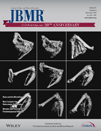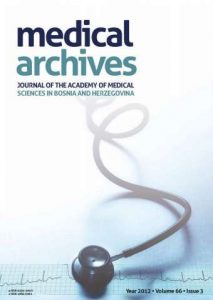On April Fools’ Day 10 years ago, radiologist Matt Skalski took part in a website’s annual challenge to prank the radiology community by posting the case of a man with “ectopia cordis interna,” or “Tin Man Syndrome.” Unlike the fictitious metal character from the Wizard of Oz, Skalski’s satirical patient had a heart — in his abdomen.
Now a group of researchers say they encountered the disease in real life, in a 22-year-old patient they claim has “no significant medical history.”
The researchers based in Iraq published their “rare case report” in Medicine in July.
Continue reading ‘Tin Man Syndrome’ case plagiarized from hoax, sleuths say
 A bone researcher based in Japan
A bone researcher based in Japan 


 As
As 